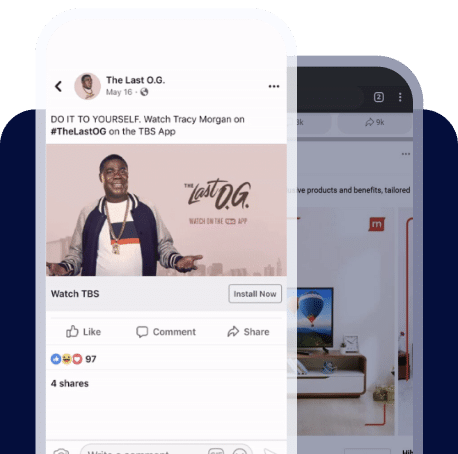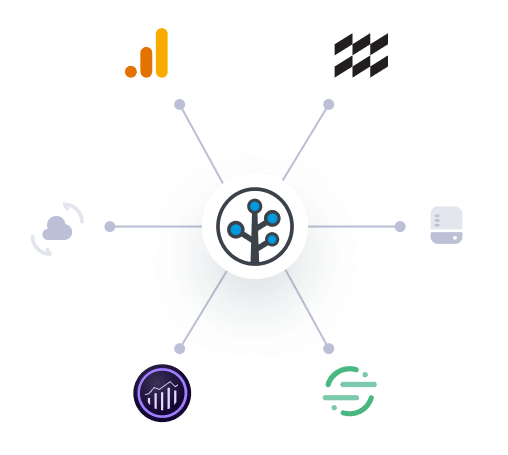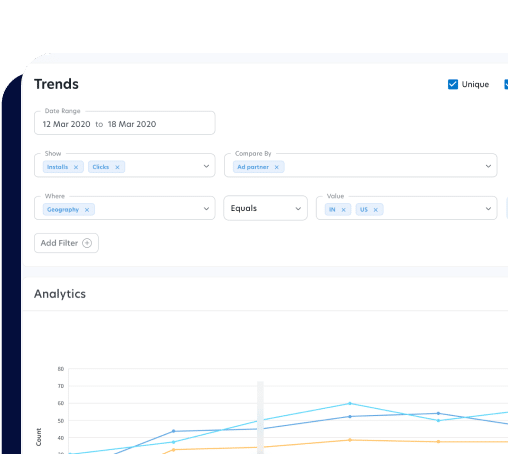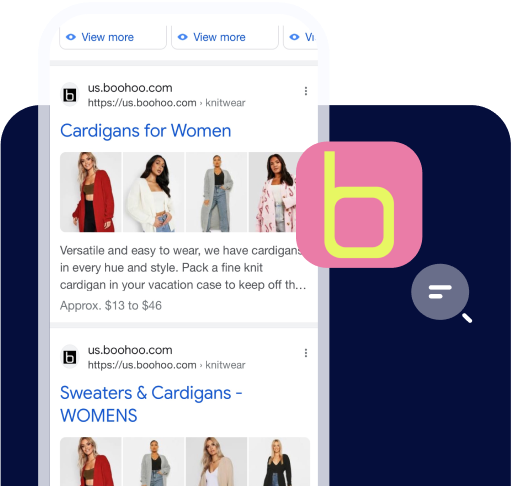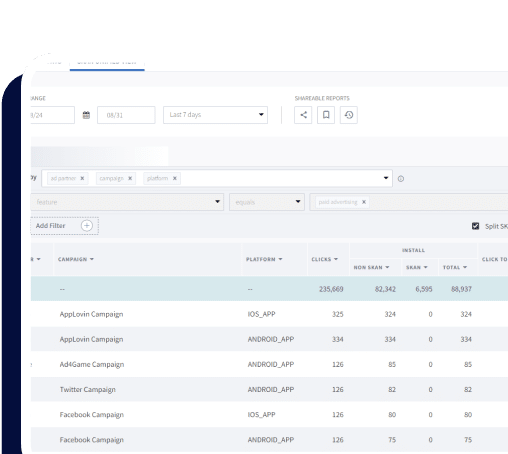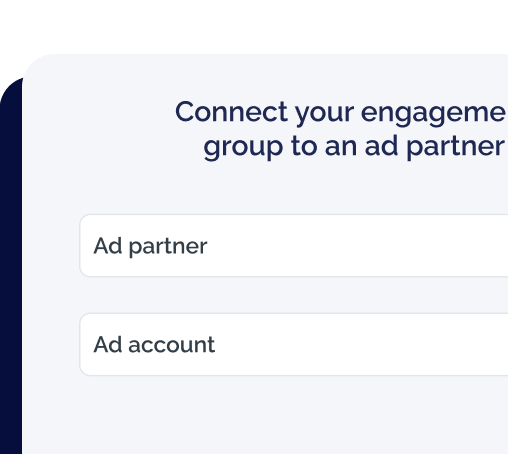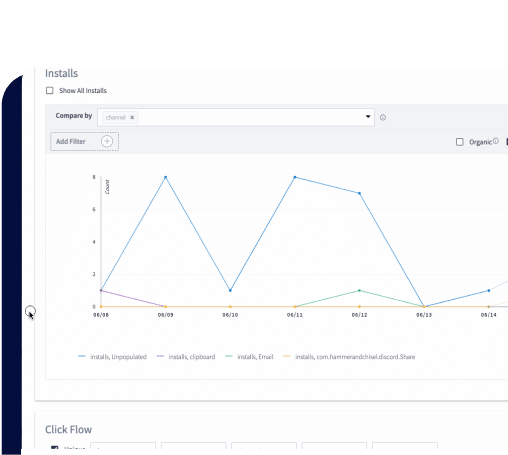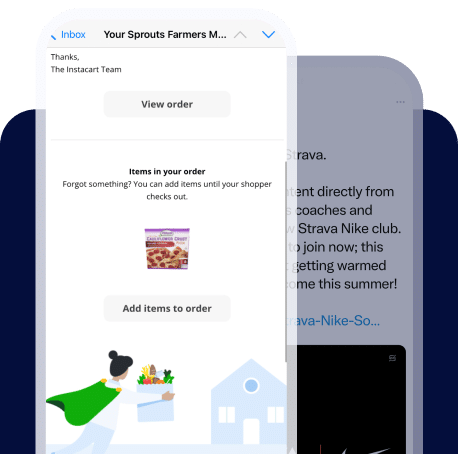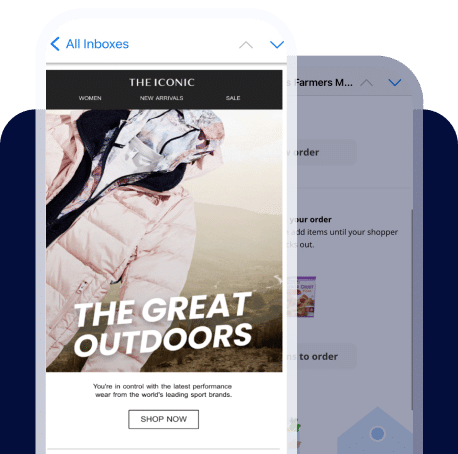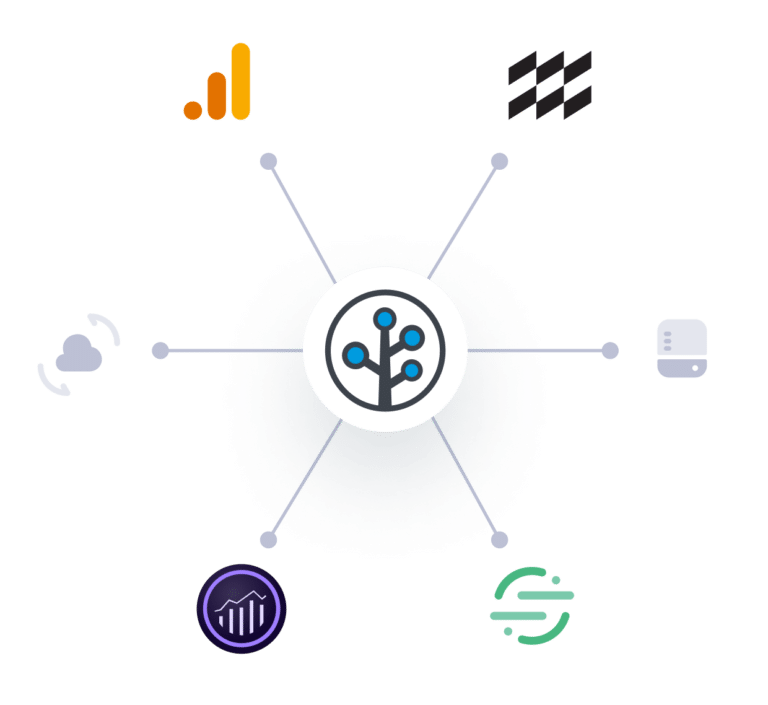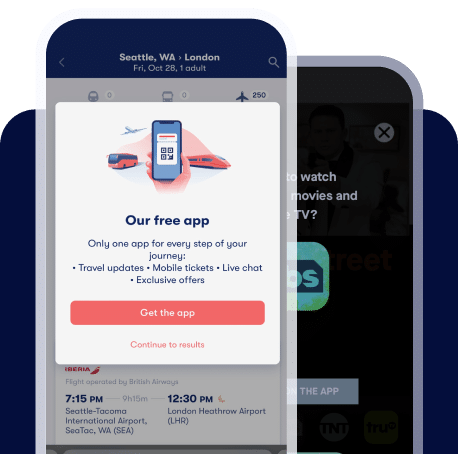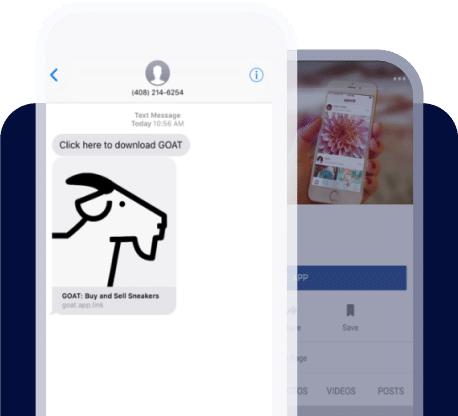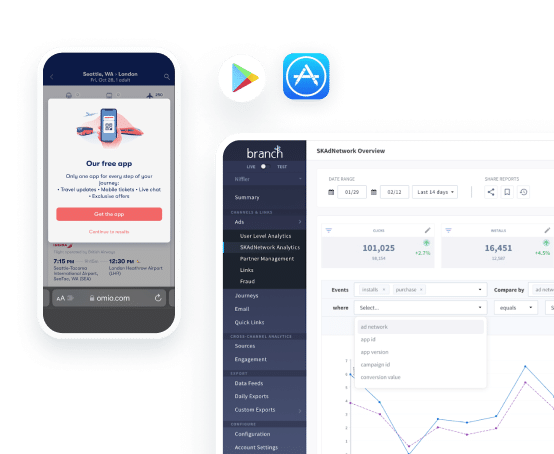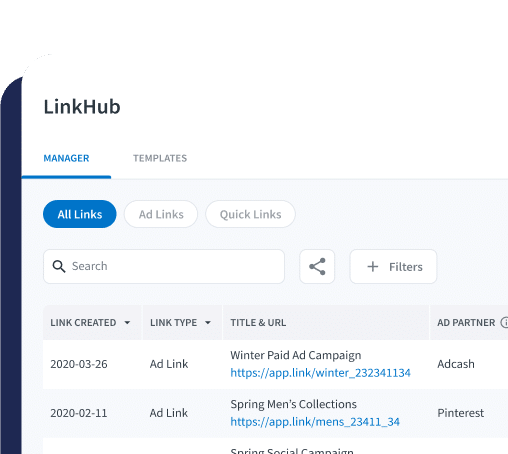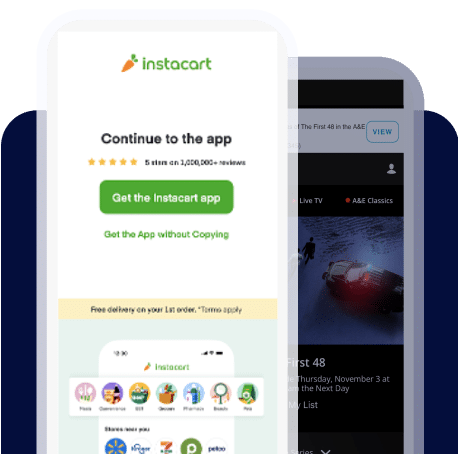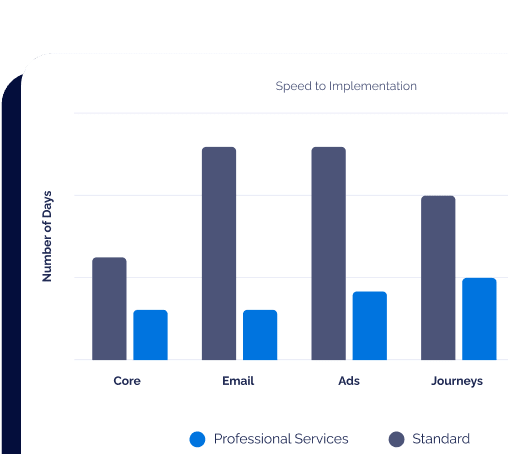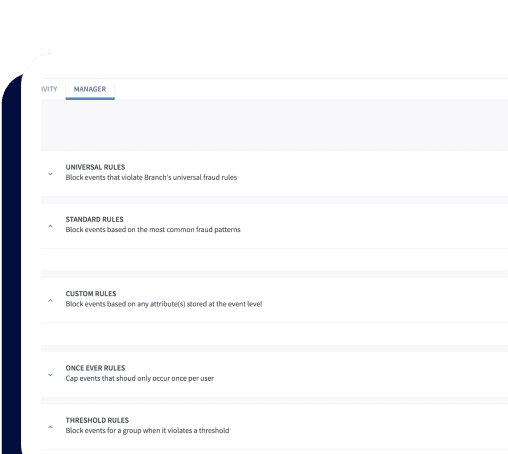Apple used WWDC this year to announce exciting new iOS technologies like Augmented Reality and more powerful Siri voice control. Of course, anyone involved in the mobile ecosystem knows those flashy new features don’t matter if you can’t get users into your app.
While nothing this year came close to the monumental introduction of Universal Links back in 2015, there were a few subtle updates to the mobile deep linking and acquisition landscape. We’ll have more to share after we dig into the new iOS 11 betas over the next few weeks, but here is what we know so far:
The New App Store
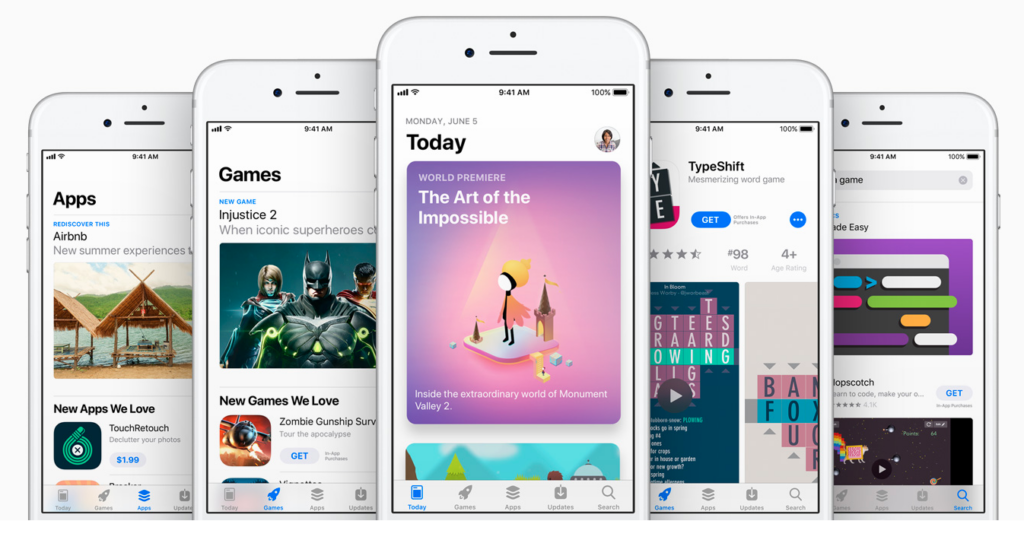
Apple’s new iOS 11 App Store design has been receiving generally positive reviews from early users. This is understandable, since it is arguably a step forward in user experience (almost anything would be, compared to the old version). However, even with this latest redesign, the App Store Power Law is still firmly in place, maintaining the high barrier to entry for new developers.
It appears Apple has changed the App Store from a curated experience…into an even more curated experience. Great if you’re already popular or know someone on the App Store team. Unequivocally bad news for everyone else.
A smaller, yet welcome update: developers will be able to choose when their app reviews get reset. Everyone understands the importance of the App Store ratings, and with Apple’s previously announced moves to crack down on in-app review requests, having the option to preserve previous positive reviews when releasing new updates is a long-awaited improvement.
Intelligent Tracking Prevention in Safari
One of Apple’s headline announcements this year was a new war on ‘creepy ads’ in Safari. These ads are powered by cross-domain tracking cookies, which Apple will now be using machine learning to block.
While Apple officially announced tracking prevention only for the macOS version of Safari, both the Safari 11 release notes and the WebKit team itself indicate iOS will be included too. This means it just got a lot more difficult to measure mobile marketing activities using traditional attribution tools. Fortunately, intelligent tracking prevention has no immediate impact on deep linking (which does not rely on cross-domain cookies), so next-generation linking and attribution platforms like Branch will be mostly unaffected by this change.
Ironically, due to the way these new limitations are actually implemented, they are likely to tighten the stranglehold of walled gardens like Google and Facebook in relation to every other player in the ecosystem.
Changes to Cookie Handling in SFSafariViewController
For a few glorious years, it was possible to pass web cookies from Safari through to your own app in iOS 9 and 10. This is no longer the case in iOS 11 (jump to the 17:28 mark of the video for the announcement), meaning one of the best methods for self-built deferred deep linking is no longer available. Bizarrely, Apple is trying to pass this off as an improvement to the iOS user experience.
Due to our worldwide scale, hosted deep link networks like Branch won’t be significantly impacted by this change. But if you were hoping to build your own solution, Apple just shut down your last option for deferred deep links that didn’t rely on inaccurate device fingerprints.
New DeviceCheck Persistent App Install Tracking
While Uber got in trouble for doing persistent install tracking behind Apple’s back, it appears Apple has now recognized the value of allowing permanent device-level install tracking. The new DeviceCheck functionality in iOS 11 is clearly intended to help prevent fraud, but developers will likely find other innovative ways to use this data. Anything that can be leveraged to smooth the user experience is good for acquisition and retention.
Summary
This year’s WWDC event was on the ‘evolutionary’ end of the spectrum. None of Apple’s new announcements will significantly improve the underlying problem of discovery in the app ecosystem, and several of them are objectively bad for most apps. However, the underlying developer community remains strong, and the iOS platform continues to grow worldwide. There’s never been a more exciting time to be in the app business.
Keep building, and know that Branch is there to help you everywhere we can!

